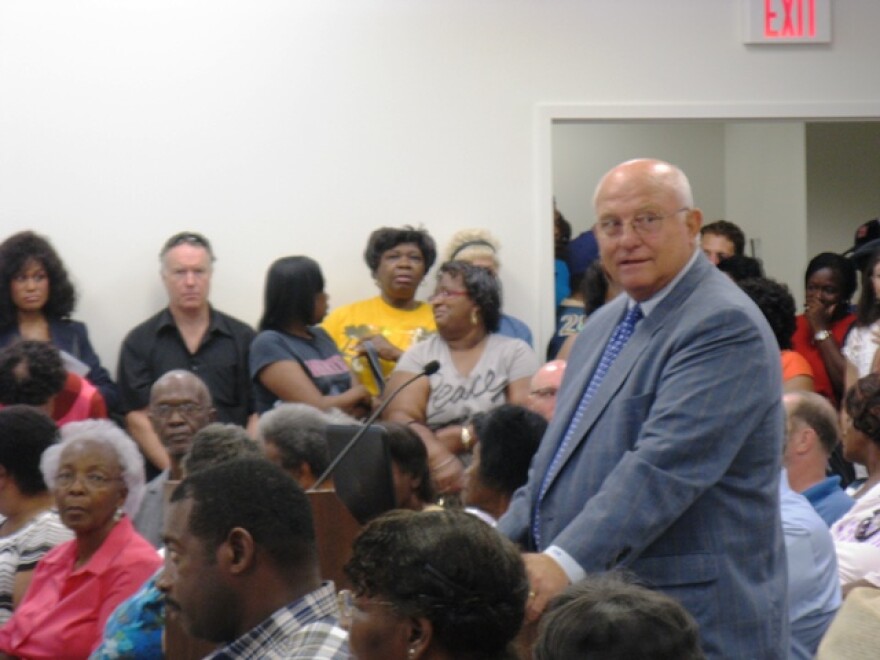Slowly but surely, developer Paul McKee’s plan to make over a large section of the city of St. Louis is again coming to fruition.
The legislation approved by the city’s Housing, Urban Development and Zoning committee today authorizes additional tax incentives for McKee’s NorthSide Regeneration Initiative, and restarts the development clock for the entire project.
The vote was delayed by a day after some members of the committee did not show up in order to deny a quorum.
"This thing would have been steamrolled through yesterday,” said Ald. Antonio French, one of the no-shows. "It could have passed without any changes. So we got a little something."
But that "little something" wasn’t enough to mollify French and Ald. Sharon Tyus, a new addition to the committee. The city is now required to set aside from its portion of the new revenue generated by the development $1 million for neighborhood planning and $250,000 for improvements to owner-occupied homes in several northside wards. But that’s over the lifetime of the project – 23 years – and subject to appropriation by the Board of Aldermen.
Tyus wanted specific assurances that the money would be allocated as promised.
"I trust everybody and I brand all my cows," she said.
And after the amendment was approved, Ald. Terry Kennedy admitted he thought those totals were a maximum per year.
French says he was satisfied with an amendment that requires McKee to abide by a city law that at least 60 percent of entry-level jobs go to low-income residents. McKee has pledged that one in four of the jobs he promises to create will go to residents living within the development footprint.
The committee approval seemed to relieve McKee, who hugged his advisors and aldermanic supporters as the meeting broke up. Now, he said, he’s turning his attention to getting the measures through the full Board of Aldermen and to the mayor’s desk.
“Once we get through the Board of Aldermen, then we have to get ready to go to work,” he said. “It’s not going to happen just like that. It’s a 15-year process after we get approval.”
Follow Rachel Lippmann on Twitter: @rlippmann





